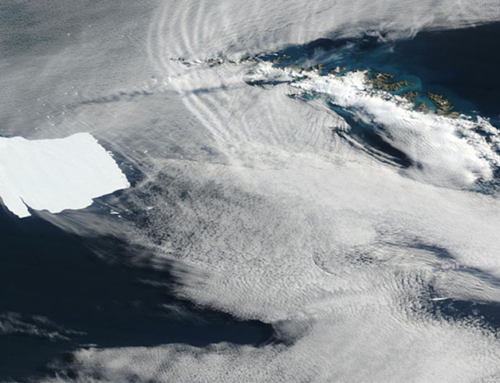UNESCO programs in Iran to include environmental education
May 20, 2025
TEHRAN –Environmental education is placed among the list of major programs of the United Nations Educational, Scientific, and Cultural Organization (UNESCO) in Iran, aiming to develop sustainable solutions and international cooperation to address environmental challenges.
From UNESCO’s perspective, environmental education is a learning process that raises public awareness about the environment and its challenges; it equips individuals with knowledge, skills, values, experiences, and goals to tackle these environmental issues, IRNA quoted Hassan Fartosi, the Secretary General of the UNESCO National Commission in Iran, as saying.
The official made the remarks while addressing the 8th National Conference and Specialized Exhibition of Environmental Education held on Tuesday.
According to this definition, environmental education includes achieving environmental awareness, understanding challenges, and taking actions, Fartosi noted.
UNESCO helps countries and educational institutions develop and implement effective environmental education programs; it strives to preserve the environment through its international programs in the field of natural science and earth science education, the official added.
These include the international hydrology program, the international geoscience and geoparks program, the intergovernmental oceanography program, and the international basic sciences program. Greening education partnership is one of the most important initiatives adopted by UNESCO to support countries in tackling climate change, he said.
UNESCO works to reduce the impacts of global change and water resources, and promote education for sustainable use of water resources; the organisation calls on member states to work together to address these challenges more effectively.
The 8th Conference served as a platform for sharing ideas, expertise, and achievements to promote sustainable development by conducting scientific research, utilizing modern technologies, and developing innovative solutions.
Addressing natural hazards, boosting climate change resilience
In April, the international project of managing natural disasters and enhancing resilience to climate change impacts was inaugurated officially by representatives from the Department of Environment (DOE), the Embassy of Japan, and UNESCO.
Funded by Japan, the project’s document was signed on Monday by Ieng Srong, the head of the UNESCO Tehran Office, and Arman Khorsand, the head of the international affairs and conventions office of the DOE.
The main objectives of the project include developing flood hazard maps, establishing early warning systems, assessing and managing agricultural drought risk, and empowering local communities, particularly women and youth, to effectively prepare them to respond to disasters and crises, the DOE website reported.
The project also aims to develop scientific and technical infrastructure in crisis management with the prospect of becoming a regional model for combating climate change.
Referring to the challenges of climate change, Shina Ansari, head of DOE, highlighted the significance of public participation, indigenous knowledge, and modern technologies in disaster risk reduction.
The head of the UNESCO Tehran Office, Ieng Srong, for his part, lauded environmental cooperation between the two organizations and underscored the importance of prioritizing science and raising awareness in the fight against climate change.
According to the country’s former permanent representative and ambassador to the Food and Agriculture Organization (FAO), climate change has greatly affected the agriculture sector and food security in many countries, most significantly in Iran.
In some parts of the country, the air temperature has increased by 2 degrees while the highest temperature set in the world amounts to 1.5 degrees, IRNA quoted Mohammad-Hossein Emadi as saying.
Climate change also alters plant growth patterns, disturbing the nutritional values of crops, he stressed.
In addition, unexpected effects of climate change, like drought, floods, and landslides, have all affected food security.
MT/MG
Search
RECENT PRESS RELEASES
Related Post



